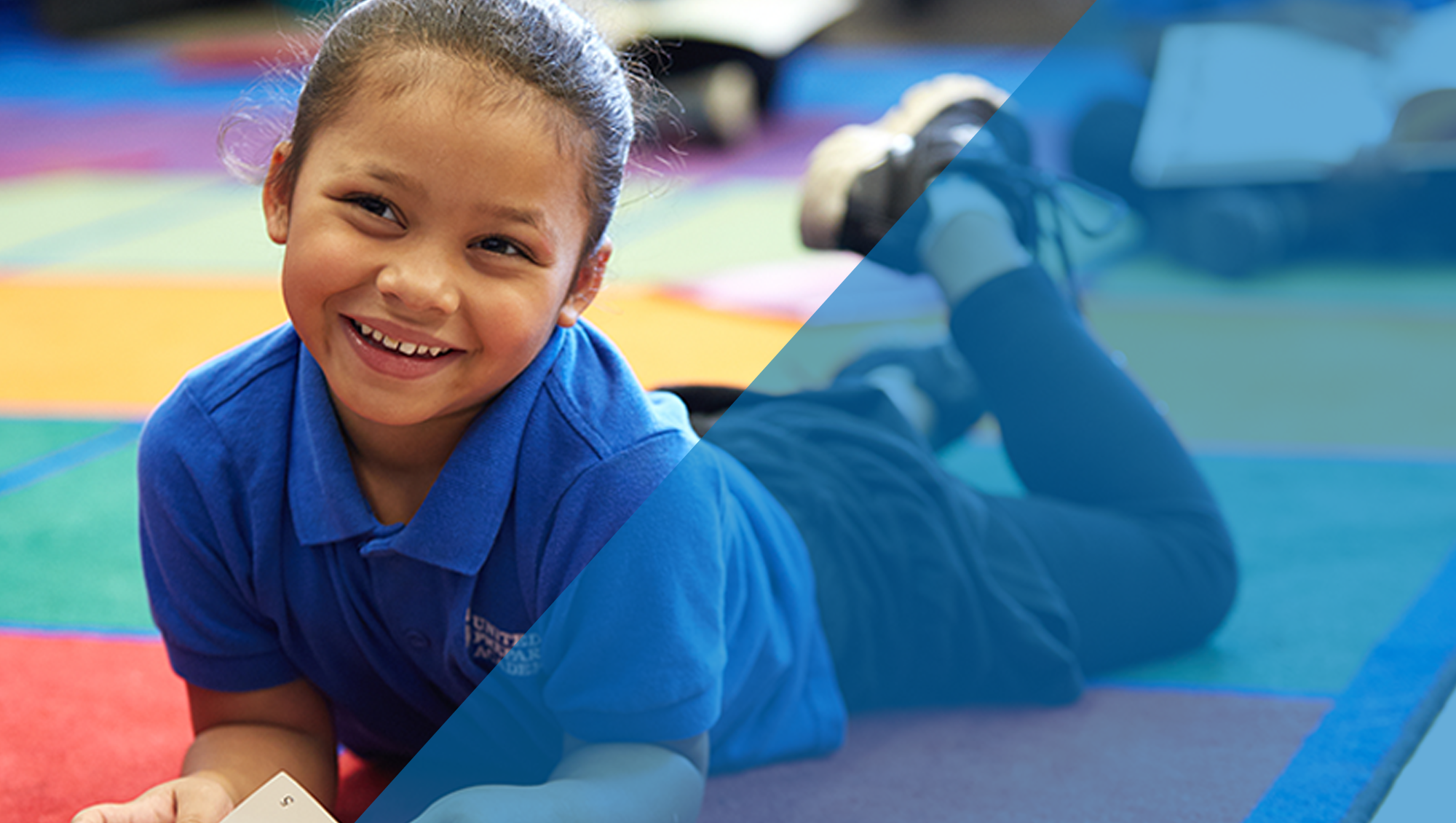In the last written work of his long life, The New Economics, Deming had this to say about variation:
Variation there will always be, between people, in output, in service, in product. What is the variation trying to tell us about a process and about the people that work in it?
The main point that Deming was making was that outcomes are either good or bad by the time we look at them. The enemy is variation and the sources of variation in and around the process that produced the outcome. When you combine this point with the core idea of systems thinking - that most results belong to the system - you begin to see your organization through a completely new lens.











